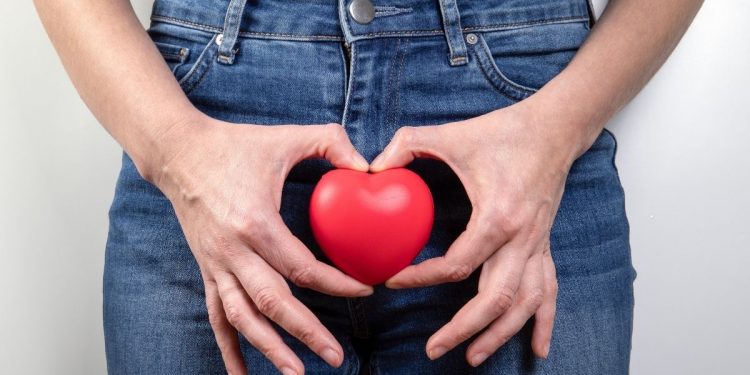Female products are composed to protect the vulva and vagina. The vagina is the internal part of the female genitalia. The vulva, on the other hand, is the external part of the genital area including structures such as pubic mount, inner and outer labia, clitoris, and vestibule. Just like oral hygiene, genital hygiene is a necessity. A diet rich in omega-3, omega-6, antioxidants, proteins, and vitamins helps in improving vaginal health. Proper cleaning of the genital parts is essential to avoid infections and rashes. Any products you use for genital health need to be cleaned thoroughly. Here is a list of myths related to women’s hygiene products.
Myth: Cloth pads are not good absorbent and can be unhygienic.
Many myths revolve around cloth pads. From being unhygienic to cannot be thoroughly cleaned. It is always suspected that cloth pads would not be able to absorb blood properly. This is because of those misleading advertisements. They show that cloth pads are not good at absorbing. But it is false. These pads are thicker and absorbent as compared to regular pads. Moreover, they do not leak. As the sides of cloth pads do not fold. On the topic of hygiene. If used correctly, changed at equal intervals, washed properly, and stored in a clean and dry place. Cloth pads are very much hygienic.
Myth: Change your Pads or tampons every 2 hours.
When to change your pad or tampon is the biggest question. Some advertisement says that you must change the pad or tampon every 2 to 3 hours. But it is not true. The change time depends on the flow of blood. If the flow is high you may have to change it before 2 hours. While if the flow is low, you can use the same pad or tampon for more time. The ideal time to change is every 4 to 6 hours.
Myth: Tampons and menstrual cups can take away your virginity.
The virginity of a woman is a huge topic in many cultures. Generally, associated with the breaking of hymen but Hymen has nothing to do with virginity. The hymen is a thin rim of tissue at the opening of the vagina. Hymen can stretch or break easily. you lose your Virginity when you have sex and have nothing to do with hymen. Usually, tampons easily pass through the vaginal opening without stretching the hymen but a menstrual cup can sometimes stretch it. But it is not a problem as hymen can break due to regular physical exercise or sometimes is not even present.
Myth: Tampons can increase the risk of TSS.
Toxic Shock Syndrome (TSS) is usually associated with tampons. Though not usual, TSS can be very fetal. But the syndrome has nothing to do with tampons. Staphylococcus aureus causes the syndrome. TSS is rare and treatment is possible in an early stage. Maintaining hygiene is important to reduce the risk of TSS.
Myth: You can lose your menstrual cup or tampons in the vagina.
You can never lose your period protections in your vagina. It is possible that your tampon can go higher and the string is tucked. Do not worry, tampons or menstrual cups remain stuck in the vagina. Your cervix is not wide enough for a tampon or cup to go in. So, the vagina is the end line for these products.
Myth: The same size of the menstrual cup fits all.
There are diverse sizes of menstrual cups. Chose the size according to your preference. The menstrual cup comes in three sizes. They are usually based on age and flow. Comfort must be kept in mind while considering the size. If you feel discomfort even after adjusting, lose or leak. Try another size. A perfect size is important while using a menstrual cup.
Busted
You just came to know the truths behind few myths. But there are many myths about periods and periods protection products. There are many misconceptions about these products which lead to health problems. So, solving these problems is particularly important. Most of these topics have a piece of more detailed information. Many women suffer because of improper information about period and its products. Women try to avoid using this product because fear of cancer or TSS. Here are few Myths and truths about women’s hygiene products. Also read: All you need to know about PCOS.











Discussion about this post